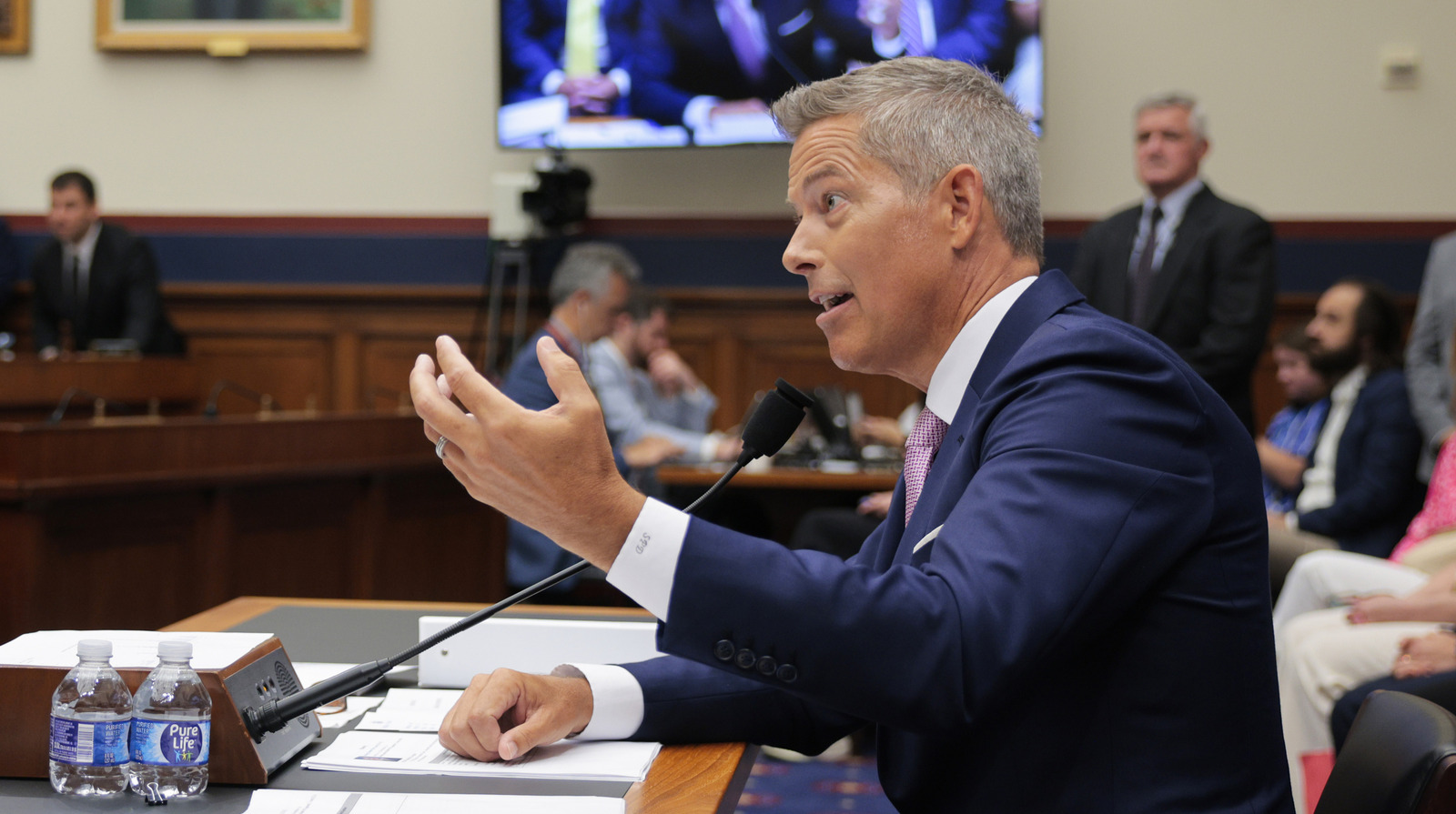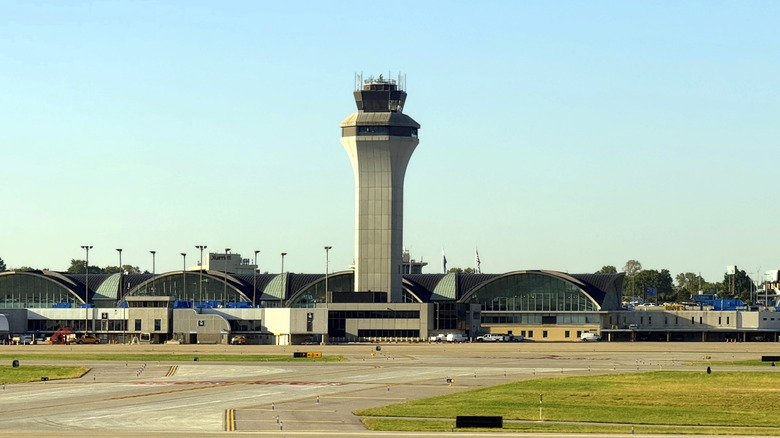Transportation Secretary Sean Duffy unveiled an air traffic control overhaul plan in May, blandly named “Brand New Air Traffic Control System.” He wouldn’t put a price tag on a massive modernization scheme, but it was allocated $12.5 billion through President Trump’s “Big, Beautiful Bill.” Lo and behold, Duffy announced on Wednesday that he’s going to need $19 billion more. Surprisingly, the $31.5 billion total is pretty much exactly what the aviation industry estimated the final cost would be in May.
It’s fair to say that the Federal Aviation Administration should spare no expense when it comes to bringing air traffic control into the 21st century. Just nine days into Trump’s second term, an American Airlines regional jet and an Army helicopter collided in mid-air over the Potomac River near Reagan National Airport in Washington, DC, killing 67 people. The startling crash forced the White House to reconsider its plan to gut the FAA like the rest of the federal government. According to CNN, Duffy said at Wednesday’s House Transportation and Infrastructure committee meeting:
“We will need more [money] to do it. We’re talking $31.5 billion to do the full project and my hope is that we’ll have an additional conversation about how we can do that. I think time is of the essence.”
New computers are nice, but controllers want a day off
While air traffic controllers acknowledge that the equipment modernization is much needed, they have made it known that it would only resolve part of the problem. Controllers find it extremely difficult to get a day off as requests can be denied due to chronic understaffing. One controller told NPR:
“We can’t have an off day. We can’t have a day where we come in and say, ‘oh, I’m just kind of not feeling it today. I’m just going to, you know, kind of cruise through the day.’ We don’t get that chance. You walk into work and you have to be 100% mistake-free essentially in your entire career or, you know, people die.”
The staggering amount of overtime is a clear indicator of how much controllers are systemically overworked. According to Reuters, FAA air traffic control staff logged 2.2 million hours of overtime last year, costing the agency an extra $200 million. The White House can’t simply throw money at the problem to solve it overnight. A real solution will require a concerted effort over the course of years to bring staffing levels across the country to a high enough point that controllers can simply take a day off.




